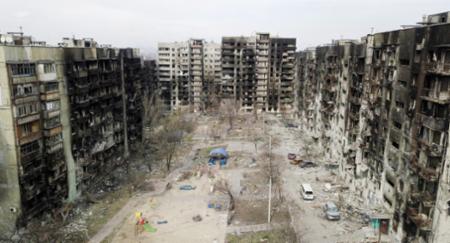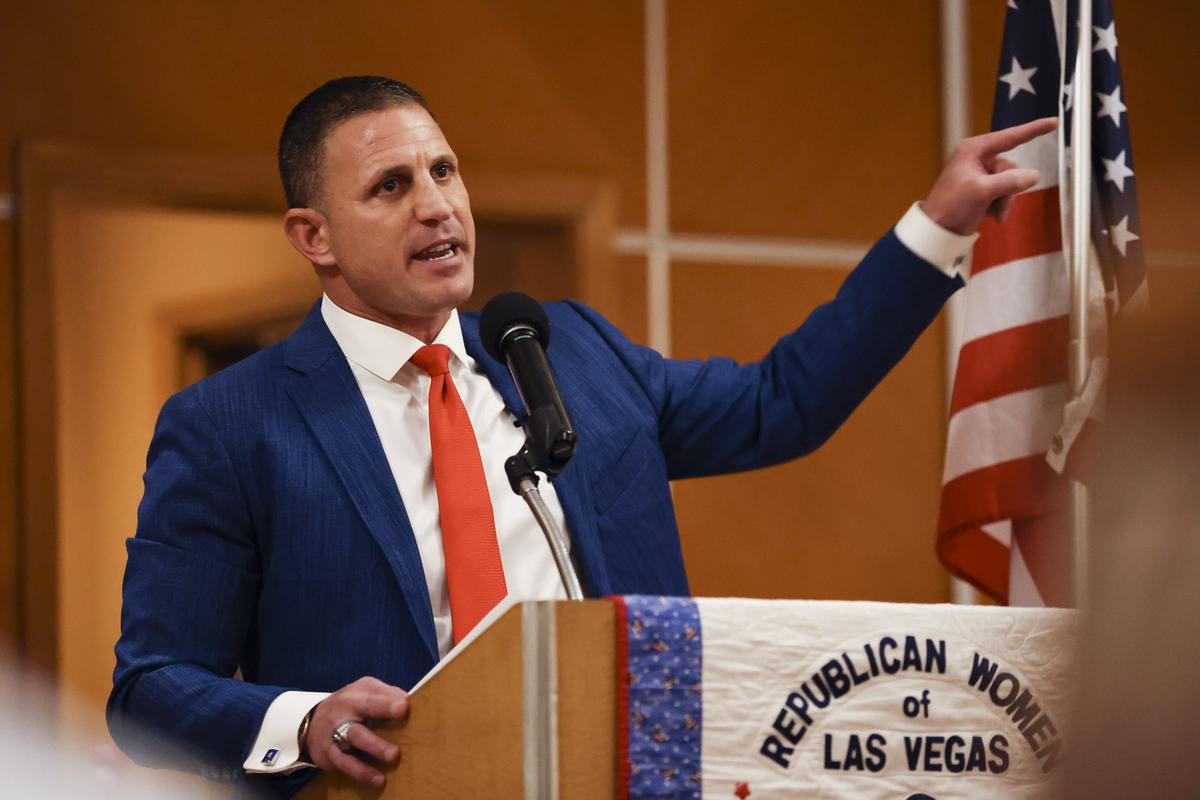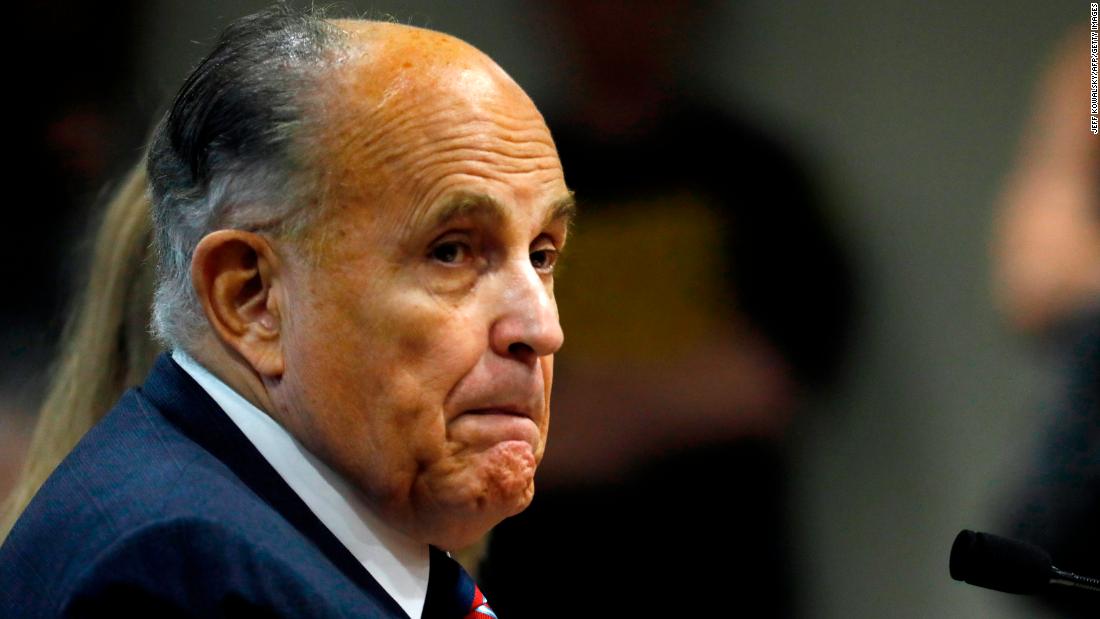The consequences of Russia’s invasion of Ukraine for international security – NATO and beyond
February 24, 2022, is likely to engrave itself on the history template of the contemporary world. Russia’s unprovoked, unjustified and barbaric invasion of Ukraine is not only a manifestation of a huge security danger that has shattered peace in Europe.
More structurally, it has broken the entire security architecture built patiently on the continent over many decades, including international commitments agreed in the last 30 years. As the top UK general recently observed, it is dangerous to assume that the war on Ukraine is a limited conflict. This could be “our 1937 moment“, and everything possible must be done in order to stop territorial expansion by force, thereby averting a war similar to the one that ravaged Europe 80 years ago. Mobilising our resources must start today.
This is also a war against the West
The magnitude of damage is immense and still increasing. Ukrainians (military and civilians alike) are being killed simply because they are Ukrainians. Whole cities – like Mariupol – are being razed to the ground. Evident atrocities fitting the criteria of war crimes are being perpetrated and accompanied by genocidal talk on Russian state TV. Hundreds of thousands of people, including children, have been forcefully deported to Russia. Over six million (at the time of writing) have had to flee Ukraine; many more have been internally displaced. Hospitals, infrastructure, cultural treasures, private homes and industrial centres are either destroyed or pillaged, with stolen goods being sent to Russia in an organised manner.
The suffering of Ukraine presents a moral challenge to Europe and the world. Human rights and the UN Charter have been trampled upon and our values mocked. Indifference is simply not an option. As convincingly explained by Nicholas Tenzer: this is a war against the West too.
According to its own terminology, Putin’s regime has chosen confrontation with the “collective West”, irrespective of the costs for Russia itself. All efforts comprising security and confidence-building measures, or institutional arrangements designed to preserve peace, suddenly look very fragile when faced with blunt force. After many months of Moscow engaging in sham dialogue and blatantly lying to other countries and institutions, including NATO and the OSCE, all trust has been eroded. Moreover, by creating economic shocks in the energy markets and weaponising famine as a political instrument, Russia has further globalised the consequences of its war.
Russian threats
Russia has also purposefully raised the level of risk for the possible use of nuclear weapons, the main goal primarily being to discourage Western Allies from offering military support to Ukraine and to instil fear in decision-makers. A long-held taboo that made an actual application of nuclear force unthinkable has been verbally discarded. While many experts calculate that risk to be low - not higher than five percent - Putin and his aides have chosen to abandon the rational caution exercised by the majority of his Soviet predecessors. Compared to Cold War practice, today, Kremlin propagandists and officials engage in highly irresponsible rhetoric advocating for the use of Russia’s nuclear arsenal against Ukraine, and possibly even against NATO states. This is backed by exercises (at least two this year) openly testing the Russian military’s ability to fire nuclear warheads at Western targets and protect Russia from possible counter-strikes. The Russian president has even shown his willingness to bring Belarus into the nuclear equation. Such brinkmanship has contributed to the return of nuclear arms into the power competition on a global stage.
With or without a nuclear threat dimension, Russia’s neighbours already have valid reasons to fear the Russian predator. They feel that, if not stopped in and by Ukraine, Putin may entertain aggression against other territories. The historic decision by both Finland and Sweden to apply for NATO membership points to the gravity of this threat. Small countries, such as Moldova and Georgia, but also Moscow’s formal allies such as Kazakhstan, may fear becoming Putin’s next target. The Kremlin has not made any attempt to assuage these fears, but has instead amplified them via direct menaces, propaganda and intimidation levers. Latest examples include curtailing gas supplies for political reasons, violating the airspace of a NATO country, threatening Lithuania, and using economic blackmail against Collective Security Treaty Organization member, Kazakhstan.
Entire article:

February 24, 2022, is likely to engrave itself on the history template of the contemporary world. Russia’s unprovoked, unjustified and barbaric invasion of Ukraine is not only a manifestation of a huge security danger that has shattered peace in Europe.
More structurally, it has broken the entire security architecture built patiently on the continent over many decades, including international commitments agreed in the last 30 years. As the top UK general recently observed, it is dangerous to assume that the war on Ukraine is a limited conflict. This could be “our 1937 moment“, and everything possible must be done in order to stop territorial expansion by force, thereby averting a war similar to the one that ravaged Europe 80 years ago. Mobilising our resources must start today.
This is also a war against the West
The magnitude of damage is immense and still increasing. Ukrainians (military and civilians alike) are being killed simply because they are Ukrainians. Whole cities – like Mariupol – are being razed to the ground. Evident atrocities fitting the criteria of war crimes are being perpetrated and accompanied by genocidal talk on Russian state TV. Hundreds of thousands of people, including children, have been forcefully deported to Russia. Over six million (at the time of writing) have had to flee Ukraine; many more have been internally displaced. Hospitals, infrastructure, cultural treasures, private homes and industrial centres are either destroyed or pillaged, with stolen goods being sent to Russia in an organised manner.
The suffering of Ukraine presents a moral challenge to Europe and the world. Human rights and the UN Charter have been trampled upon and our values mocked. Indifference is simply not an option. As convincingly explained by Nicholas Tenzer: this is a war against the West too.
According to its own terminology, Putin’s regime has chosen confrontation with the “collective West”, irrespective of the costs for Russia itself. All efforts comprising security and confidence-building measures, or institutional arrangements designed to preserve peace, suddenly look very fragile when faced with blunt force. After many months of Moscow engaging in sham dialogue and blatantly lying to other countries and institutions, including NATO and the OSCE, all trust has been eroded. Moreover, by creating economic shocks in the energy markets and weaponising famine as a political instrument, Russia has further globalised the consequences of its war.
Russian threats
Russia has also purposefully raised the level of risk for the possible use of nuclear weapons, the main goal primarily being to discourage Western Allies from offering military support to Ukraine and to instil fear in decision-makers. A long-held taboo that made an actual application of nuclear force unthinkable has been verbally discarded. While many experts calculate that risk to be low - not higher than five percent - Putin and his aides have chosen to abandon the rational caution exercised by the majority of his Soviet predecessors. Compared to Cold War practice, today, Kremlin propagandists and officials engage in highly irresponsible rhetoric advocating for the use of Russia’s nuclear arsenal against Ukraine, and possibly even against NATO states. This is backed by exercises (at least two this year) openly testing the Russian military’s ability to fire nuclear warheads at Western targets and protect Russia from possible counter-strikes. The Russian president has even shown his willingness to bring Belarus into the nuclear equation. Such brinkmanship has contributed to the return of nuclear arms into the power competition on a global stage.
With or without a nuclear threat dimension, Russia’s neighbours already have valid reasons to fear the Russian predator. They feel that, if not stopped in and by Ukraine, Putin may entertain aggression against other territories. The historic decision by both Finland and Sweden to apply for NATO membership points to the gravity of this threat. Small countries, such as Moldova and Georgia, but also Moscow’s formal allies such as Kazakhstan, may fear becoming Putin’s next target. The Kremlin has not made any attempt to assuage these fears, but has instead amplified them via direct menaces, propaganda and intimidation levers. Latest examples include curtailing gas supplies for political reasons, violating the airspace of a NATO country, threatening Lithuania, and using economic blackmail against Collective Security Treaty Organization member, Kazakhstan.
Entire article:

NATO Review - The consequences of Russia’s invasion of Ukraine for international security – NATO and beyond
February 24, 2022, is likely to engrave itself on the history template of the contemporary world. Russia’s unprovoked, unjustified and barbaric invasion of Ukraine is not only a manifestation of a huge security danger that has shattered peace in Europe.
www.nato.int




